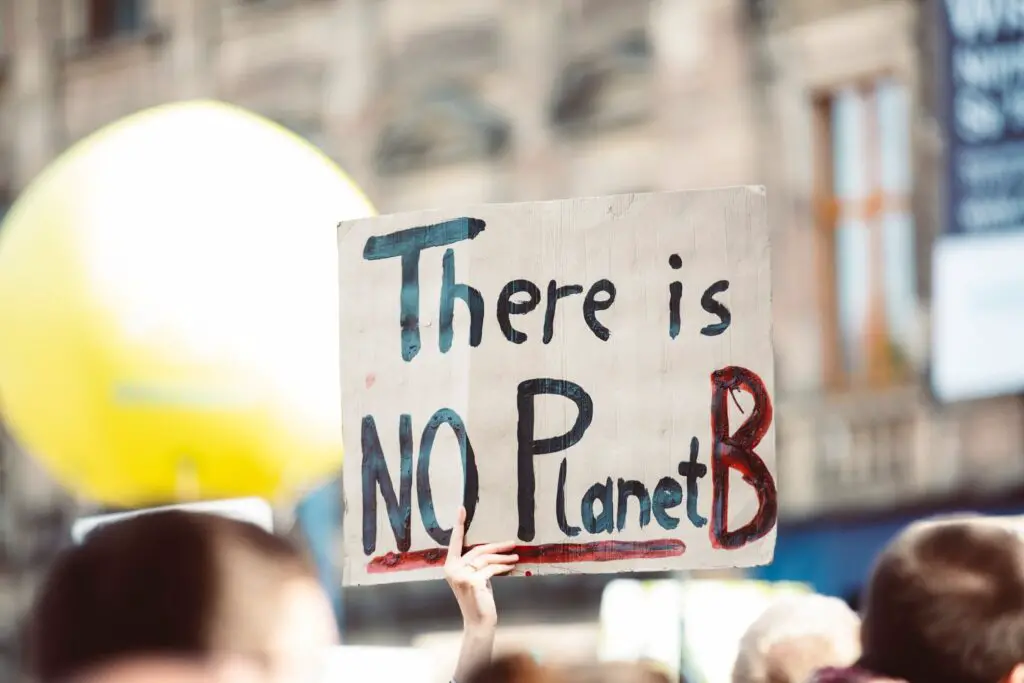Several students at the University of Maine (UMaine) are urging the system’s board of trustees to end its investment in fossil fuels following similar decisions by many schools around the country.
According to Divest UMS group organizer Charlie Cooper, the move to convince the school administration to entirely divest from fossil fuel holdings is the group’s way of addressing climate change, which he said is a central concern for the student body.
“Talk to folks my age about these issues and you’ll hear a few central themes: anxiety about our future, despair for species already lost, and ever-dwindling faith in those people and institutions in power who stand by and fail to act,” he explained, as quoted by Portland Press Herald.
UMaine’s investment in fossil fuels reportedly accounts for only two percent, or about $14.3 million, of the university’s portfolio. Students said they want full divestment to protect the environment since burning fossil fuels to generate energy causes extreme weather events.
Earlier this year, higher education institutions including Harvard University and Boston University announced that they would no longer make new fossil fuel investments.
‘Make the Right Call and Act’
In 2016, the UMaine system reduced its fossil fuel investment by 70 percent, considering its environmental and social principles. Representatives also said there has been an open dialogue with students since 2013 to hear concerns about divesting from fossil fuels.
“We are thankful to the student groups past and present for their moral imperative to affect change. It is because of their effort that over the last eight years, the UMaine System has been on a steady path towards reduction of our exposure to fossil fuels,” chairman of the investment committee at UMaine, Kelly Martin, remarked.
Despite the partial reduction, students are still calling on the board to “make the right call and act” by completely withdrawing all investments in fossil fuels.
Freshman Leo Rubin pointed out that if the university diverted its fossil fuel funds to other initiatives, large companies would have fewer resources to pollute the environment. “Fewer resources could prompt larger companies to become more sustainable, leading to a brighter and healthier future for everyone,” he told the daily newspaper.
For sophomore Ryan O’Leary, there is a need for bold restrictions on fossil fuel companies if people really want to mitigate the impacts of climate change. He also encourages his fellow students to engage in conversation and help convince academic institutions to divest from fossil fuels.

